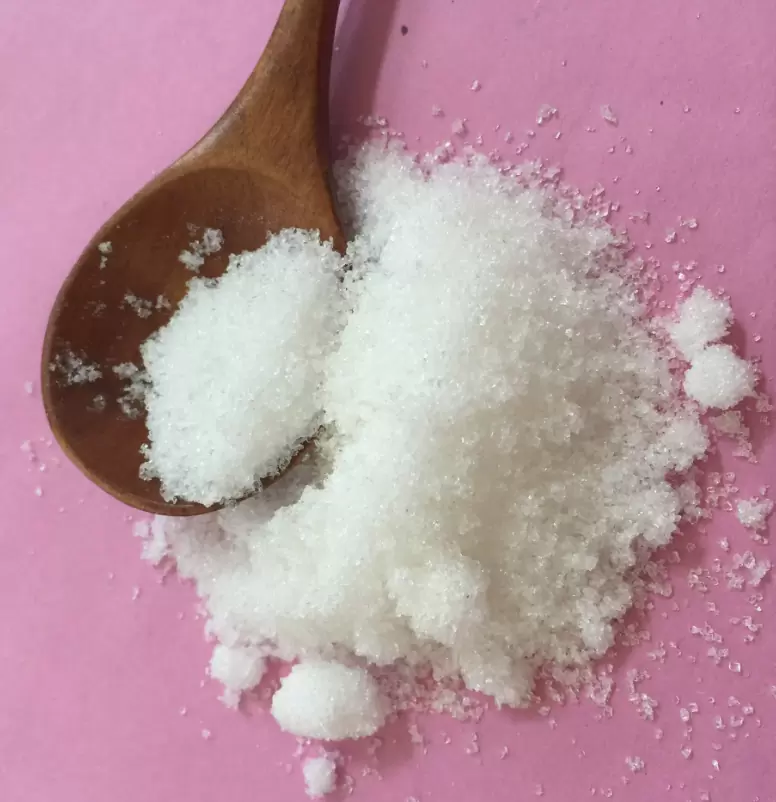Potassium Citrate is the potassium salt form of citrate with alkalinizing property. Following absorption, potassium citrate causes increased plasma bicarbonate concentration, thereby raising blood and urinary pH. A simultaneous decrease in calcium ion activity occurs as a result of increasing calcium complex formation with dissociated anions. Levels of urinary citrate are increased due to modification of the renal handling of citrate. By promoting excretion of free bicarbonate ion and by increasing urinary pH in addition to an increased ionization of uric acid to more soluble urate ions, this agent exerts the alkalizing and anti-urolithic effect.
Potassium citrate (also known as tripotassium citrate) is a potassium salt of citric acid. It is a white, hygroscopic crystalline powder. It is odorless with a saline taste. It contains 38.3% potassium by mass. In the monohydrate form it is highly hygroscopic and deliquescent. Potassium citrate is used to treat a kidney stone condition called renal tubular acidosis. Potassium Citrate is indicated also for the management of Hypocitraturic calcium oxalate nephrolithiasis.
Potassium citrate (anhydrous) is the anhydrous form of the tripotassium salt of citric acid. It has a role as a diuretic. It contains a citrate(3-).







